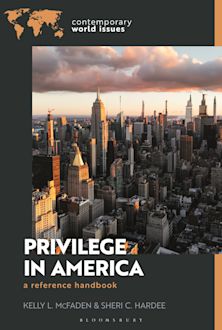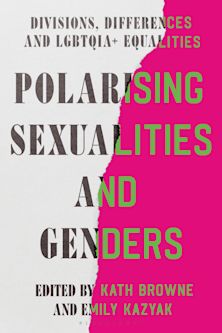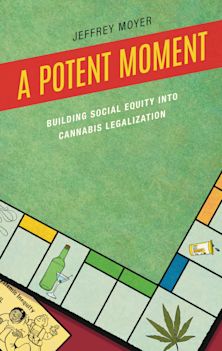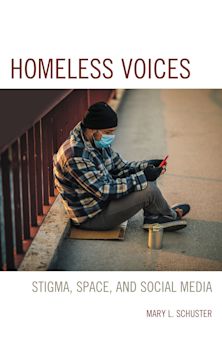Beyond the Master's Tools?
Decolonizing Knowledge Orders, Research Methods and Teaching
Beyond the Master's Tools?
Decolonizing Knowledge Orders, Research Methods and Teaching
This product is usually dispatched within 2-4 weeks
- Delivery and returns info
-
Flat rate of $10.00 for shipping anywhere in Australia
Description
This book provides a compendium of strategies for decolonizing global knowledge orders, research methodology and teaching in the social sciences. The volume presents recent work on epistemological critique informed by postcolonial thought, and outlines strategies for actively decolonizing social science methodology and learning/teaching environments that will be of great utility to IR and other academic fields that examine global order. The volume focuses on the decolonization of intellectual history in the social sciences, followed by contributions on social science methodology and lastly more practical suggestions for educational/didactical approaches in academic teaching. The book is not confined to the classical format of research articles but moves beyond such boundaries by bringing in spoken word and interviews with scholar-activists.
Overall this volume enables researchers to practice a reflexive and situated knowledge production more suitable to confronting present-day global predicaments. The perspectives mobilise a constructive critique, but also allow for a reconstruction of methodologies and methods in ways that open up new lenses, new archives of knowledges and reconsider the who, the how and the what of the craft of social science research into global order.
Table of Contents
Part I: Decolonizing Global Knowledge Orders
2. Undoing the Epistemic Disavowal of the Haitian Revolution: A Contribution to Global Social Thought, Gurminder Bhambra
3. Decolonizing Feminism: Reflections from the Latin American Context, Aida Hernández Castillo
4. Intermezzo I – Knowledge Orders, Gurminder Bhambra, Julia Suárez Krabbe, Robbie Shilliam, Manuela Boatca, Olivia Rutazibwa, Peo Hansen and Mariam Popal
Part II: Decolonizing Research Methodology
5. Postcolonial Feminist Ethics and Politics of Research Collaborations Across North-South-Divides, Johanna Leinius
6. Community Accountable Scholarship Within a Critical Participatory Action Research Model, Melanie Brazzell
7. “Tell Us Something About Yourself, Too” – Reflections on Collaborative Research as a Tool for a Reflexive Methodology, Miriam Friz Trzeciak
8. Intermezzo II – Methodology, Mariam Popal, Gu
Product details
| Published | 09 Jul 2020 |
|---|---|
| Format | Hardback |
| Edition | 1st |
| Extent | 286 |
| ISBN | 9781786613592 |
| Imprint | Rowman & Littlefield |
| Illustrations | 5 b/w photos; 1 tables; |
| Dimensions | 229 x 159 mm |
| Series | Kilombo: International Relations and Colonial Questions |
| Publisher | Bloomsbury Publishing |
Reviews

ONLINE RESOURCES
Bloomsbury Collections
This book is available on Bloomsbury Collections where your library has access.



































